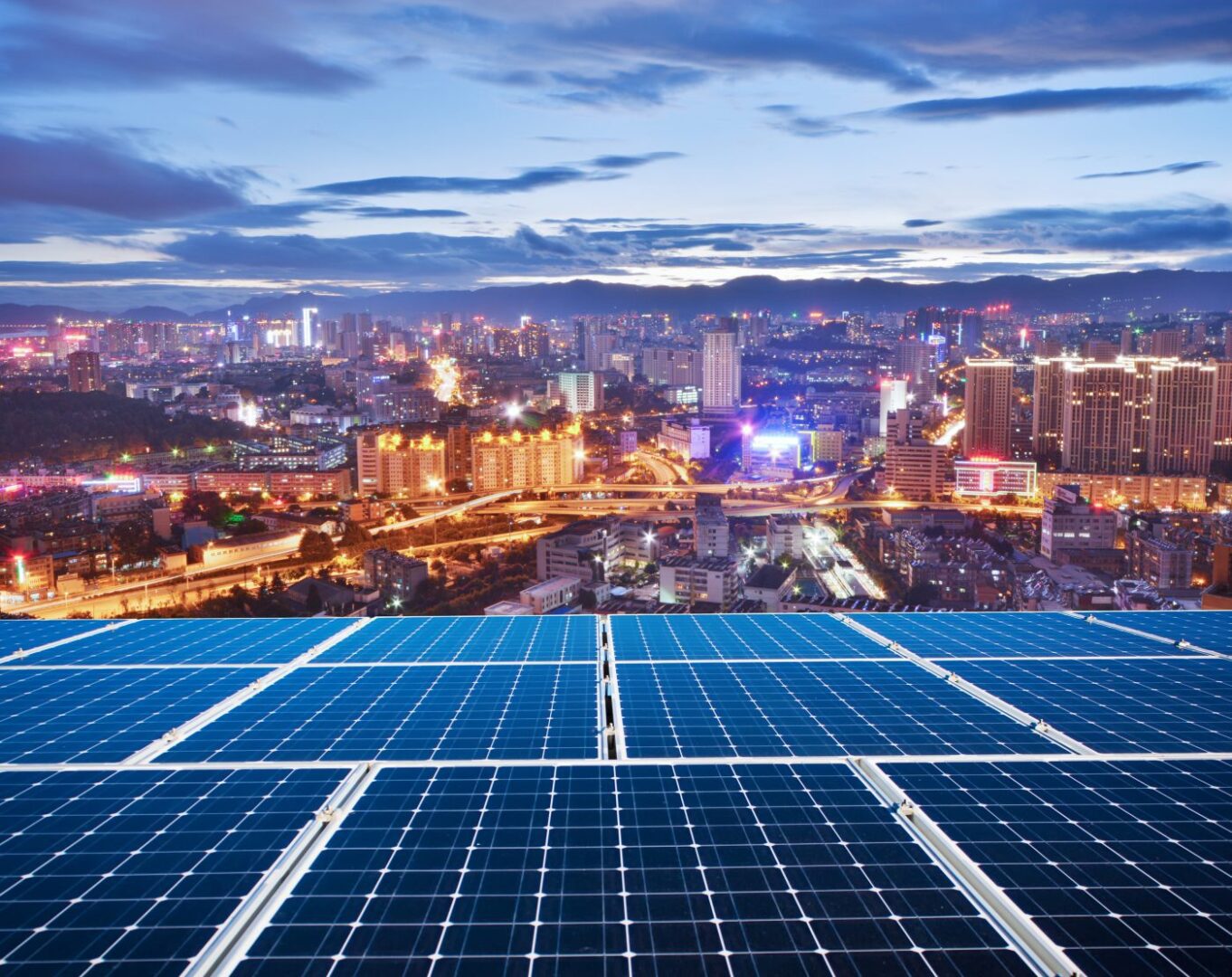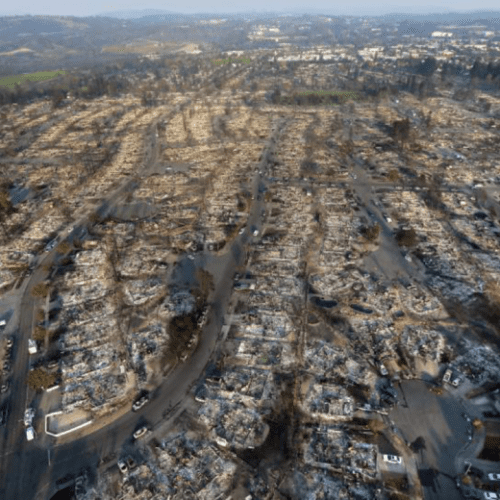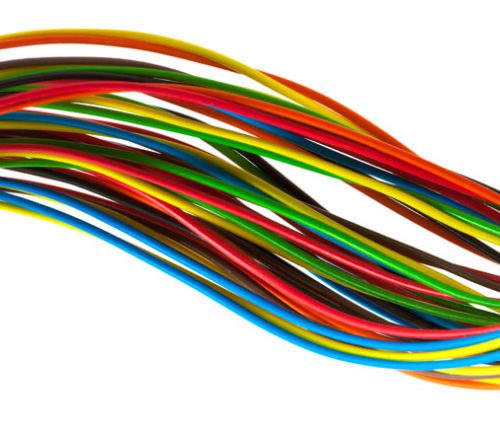The North Bay Community Resilience Initiative (NBCRI) has developed a Draft Resolution for Community Resilience that cities and municipalities can use as a template. A resolution is a document used in government and business to state an intention, gain consensus, and have a record so that it may be considered in future decision-making processes.
The need for resilience
Extreme weather events are occurring more frequently and present a risk to the well-being of our communities. In 2017, the U.S. experienced 16 weather and climate related events that cost $1B or more, and collectively caused damage totaling a record-breaking $312 billion — not including the loss of human life. California has experienced deadly wildfires in the last two years, with damages exceeding $30 billion, affecting many of our communities.
The power of local action
There are many solutions to help communities create resilience, including:
- Rebuilding with specific measures to reduce future threats
- Moving away from outdated infrastructure that has poor safety records
- Investing in clean local electricity generation and energy storage.
Local governments are often the gatekeepers for local action, and a resolution for community resilience provides the framework to enable and encourage them to take that action.
Draft Resolution
The Draft Resolution is a statement of intention by cities and municipalities to electrify structures and move toward resilience while designing programs, codes, and standards.
This template can be used by local governments to develop customized resolutions that highlight the importance of, and their dedication to, community resilience.



